GraphQL

https://goo.gl/uKko8y

About me
Frontend Engineer Xing
Guitar/Bass player



@matheusrocha89
@matheusrocha
Before the GraphQL
MVC
Mobile market growth.
What now?
REST
fetch('https://api.domain.com/v1/users/123');
...
{
...,
data: {
id: 123,
firstName: '...',
lastName: '...',
email: '...',
...,
}
}

And if we need more complex data and requests?
Create more endpoints
- v1/users/123/friends
- v1/users/123/posts
- v1/users/123/last-posts
- v1/users/123/friends/liked-pages
- v1/users/123/friends/last-liked-pages
- v1/users/123/friends/last-liked-pages/last-posts
- v1/users/123/friends/last-liked-pages/posts-friends-liked
- v1/users/123/friends/last-photos-and-pages-liked
- v1/users/123/i-dont-have-any-idea-what-the-hell-is-this-anymore

Returns more data than what you really need

Now we have a serious problem
GraphQL comes up

2012
GraphQL is created and used internally by Facebook
2015
GraphQL is released Open Source by Facebook
But what is this GraphQL?
"GraphQL is a query language for your API, and a server-side runtime for executing queries by using a type system you define for your data. GraphQL isn't tied to any specific database or storage engine and is instead backed by your existing code and data."
Advantages?

GraphQL
Client
Backend
GraphQL
Client
Backend
Backend
New mindset
Concepts
Typed
Types
- Int
- Float
- String
- Boolean
- ID
- Enum
But...
Nothing blocks you to create your own data types
type Character {
name: String!
appearsIn: [Episode]!
}Types: Query and Mutation
Query
Mutation
type Query {
posts: [Post]
author(id: Int!): Author
}type Mutation {
upvotePost(postId: Int!): Post
}Interfaces
interface Character {
id: ID!
name: String!
friends: [Character]
appearsIn: [Episode]!
}
type Human implements Character {
id: ID!
name: String!
friends: [Character]
appearsIn: [Episode]!
starships: [Starship]
totalCredits: Int
}
type Droid implements Character {
id: ID!
name: String!
friends: [Character]
appearsIn: [Episode]!
primaryFunction: String
}
// Query
query HeroForEpisode($ep: Episode!) {
hero(episode: $ep) {
name
... on Droid {
primaryFunction
}
}
}
Fragments
fragment comparisonFields on Character {
name
appearsIn
friends {
name
}
}
{
leftComparison: hero(episode: EMPIRE) {
...comparisonFields
}
rightComparison: hero(episode: JEDI) {
...comparisonFields
}
}
Subscription
// Server
type Subscription {
postAdded: Post
}
// Client
subscription {
postAdded {
id
title
content
}
}Schema
type Author {
id: Int!
firstName: String
lastName: String
posts: [Post] # the list of Posts by this author
}
type Post {
id: Int!
title: String
author: Author
votes: Int
}
# the schema allows the following query:
type Query {
posts: [Post]
author(id: Int!): Author
}
# this schema allows the following mutation:
type Mutation {
upvotePost (
postId: Int!
): Post
}
OK! I define my graph but... how does it know where to get the data?
Resolvers
Resolver's parameters
- parent / root
- args
- context
- info
import { find, filter } from 'lodash';
// example data
const authors = [
{ id: 1, firstName: 'Tom', lastName: 'Coleman' },
{ id: 2, firstName: 'Sashko', lastName: 'Stubailo' },
];
const posts = [
{ id: 1, authorId: 1, title: 'Introduction to GraphQL', votes: 2 },
{ id: 2, authorId: 2, title: 'Welcome to Meteor', votes: 3 },
];
const resolvers = {
Query: {
posts: () => posts,
author: (_, { id }) => find(authors, { id: id }),
},
Mutation: {
upvotePost: (_, { postId }) => {
const post = find(posts, { id: postId });
if (!post) {
throw new Error(`Couldn't find post with id ${postId}`);
}
post.votes += 1;
return post;
},
},
Author: {
posts: (author) => filter(posts, { authorId: author.id }),
},
Post: {
author: (post) => find(authors, { id: post.authorId }),
},
};But...

Besides what I told
- Dataloader (batching, caching).
- Authorization.
- Metadata that can be used.
- Freedom to create pagination
- Validation
Don't forget: Facebook uses GraphQL

So... it's ready
Advantages of GraphQL against REST
No more over/under fetching
The product evolves faster
Where I can learn more
- http://graphql.org/
- https://www.howtographql.com/
- https://services.github.com/on-demand/graphql/
- https://github.com/blog/2412-learn-graphql-with-github
- https://medium.com/netflix-techblog/our-learnings-from-adopting-graphql-f099de39ae5f
- https://principledgraphql.com/
Tools / Interesting links
GraphiQL
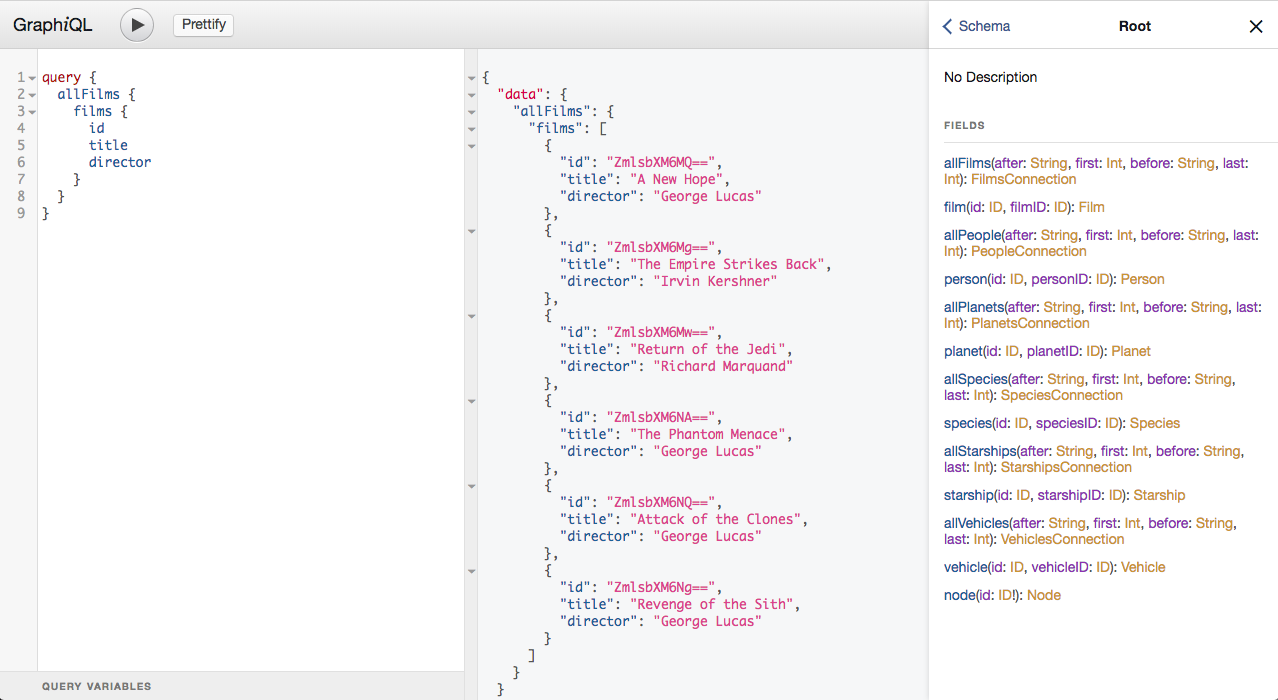
http://graphql.org/swapi-graphql/
https://developer.github.com/v4/explorer/
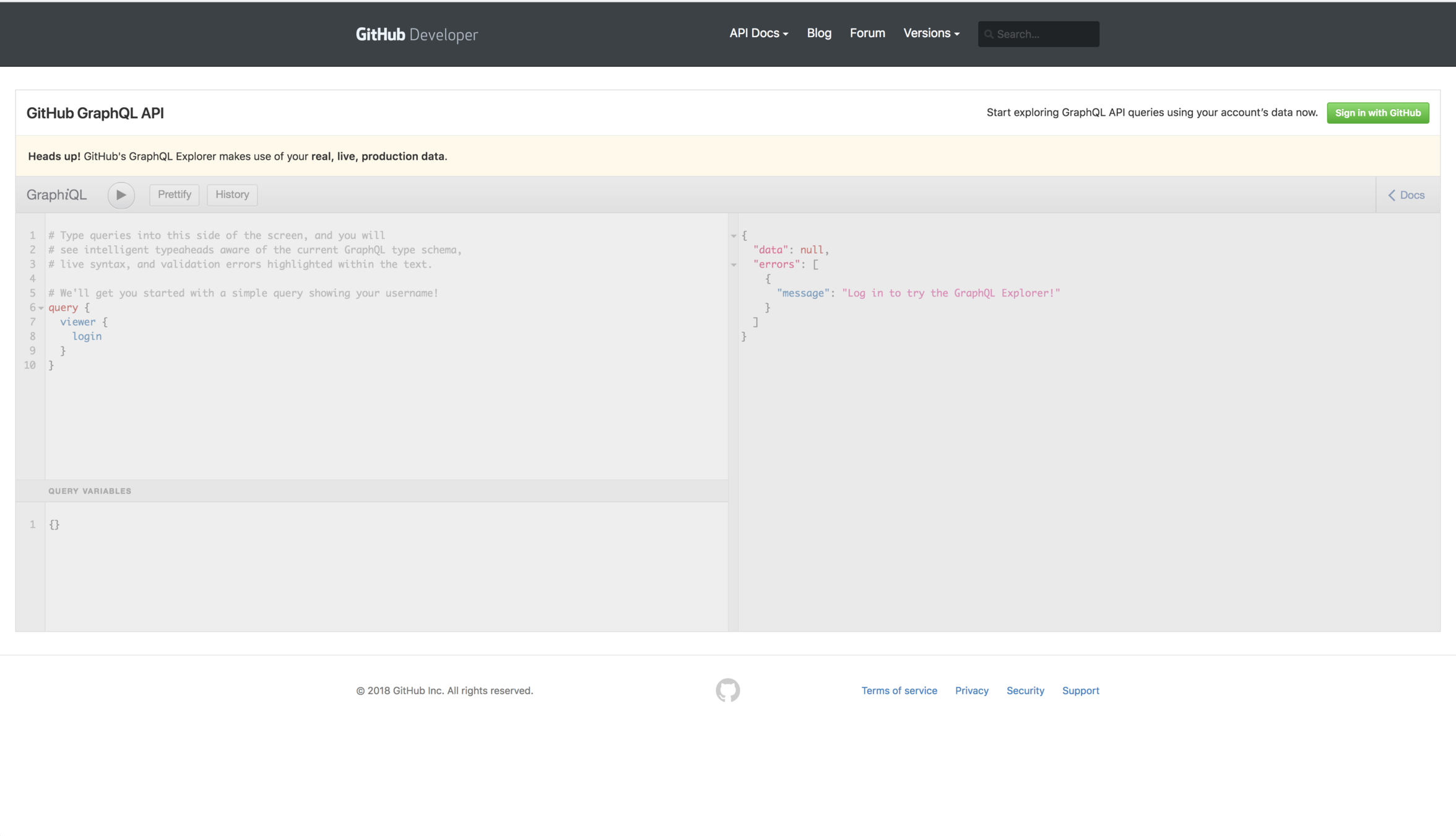
https://github.com/matheusrocha89/graphql-with-firestore-example

https://github.com/matheusrocha89/graphql-camara-deputados

Graphile - https://www.graphile.org/

Servers GraphQL
NodeJS, PHP, Ruby, Go, Java, Elixir, Erlang, Groovy, Scala, Clojure, C#, Python...
Clients GraphQL
NodeJS, Javascript, Go, C#, Java (Android), Swift/Objective-C, Python.
Who uses?








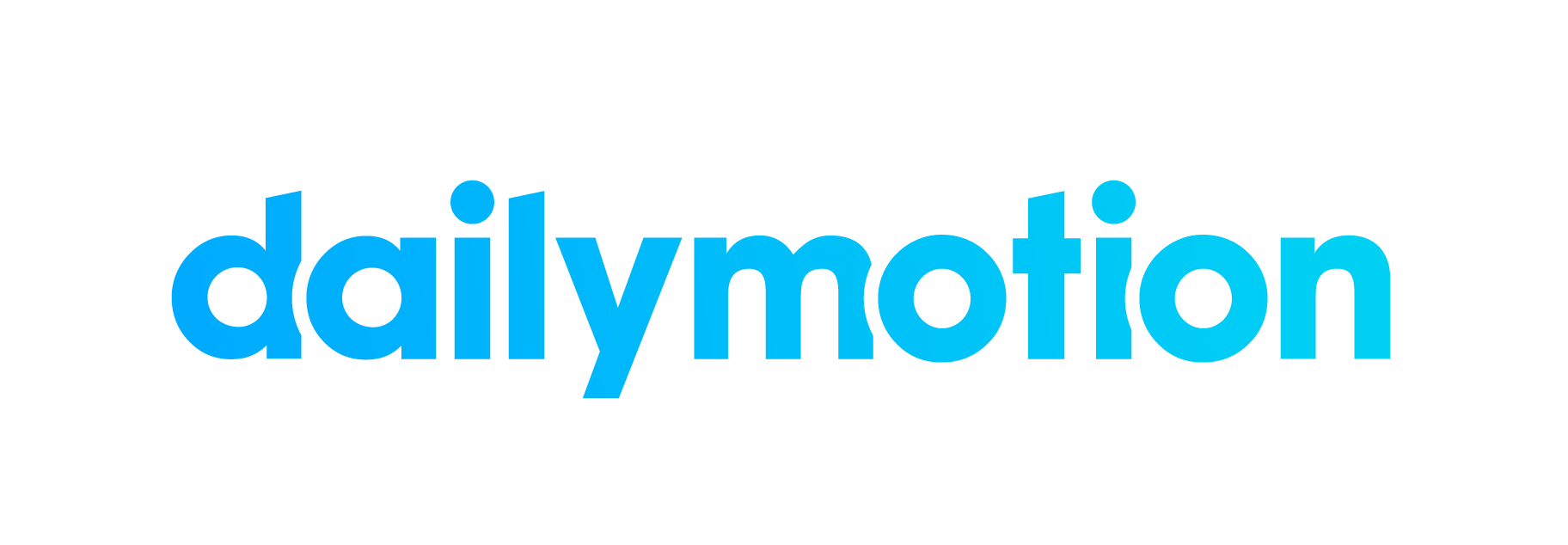


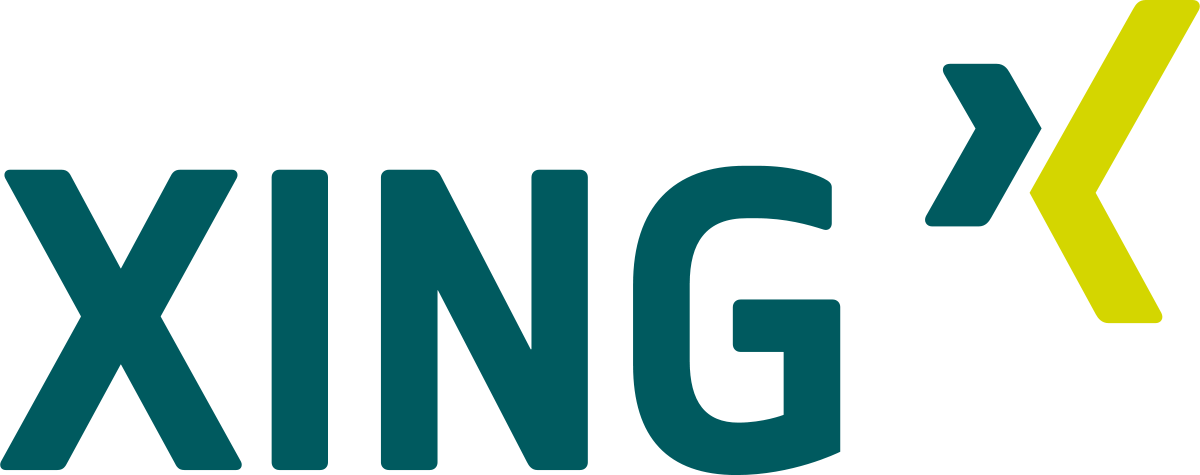

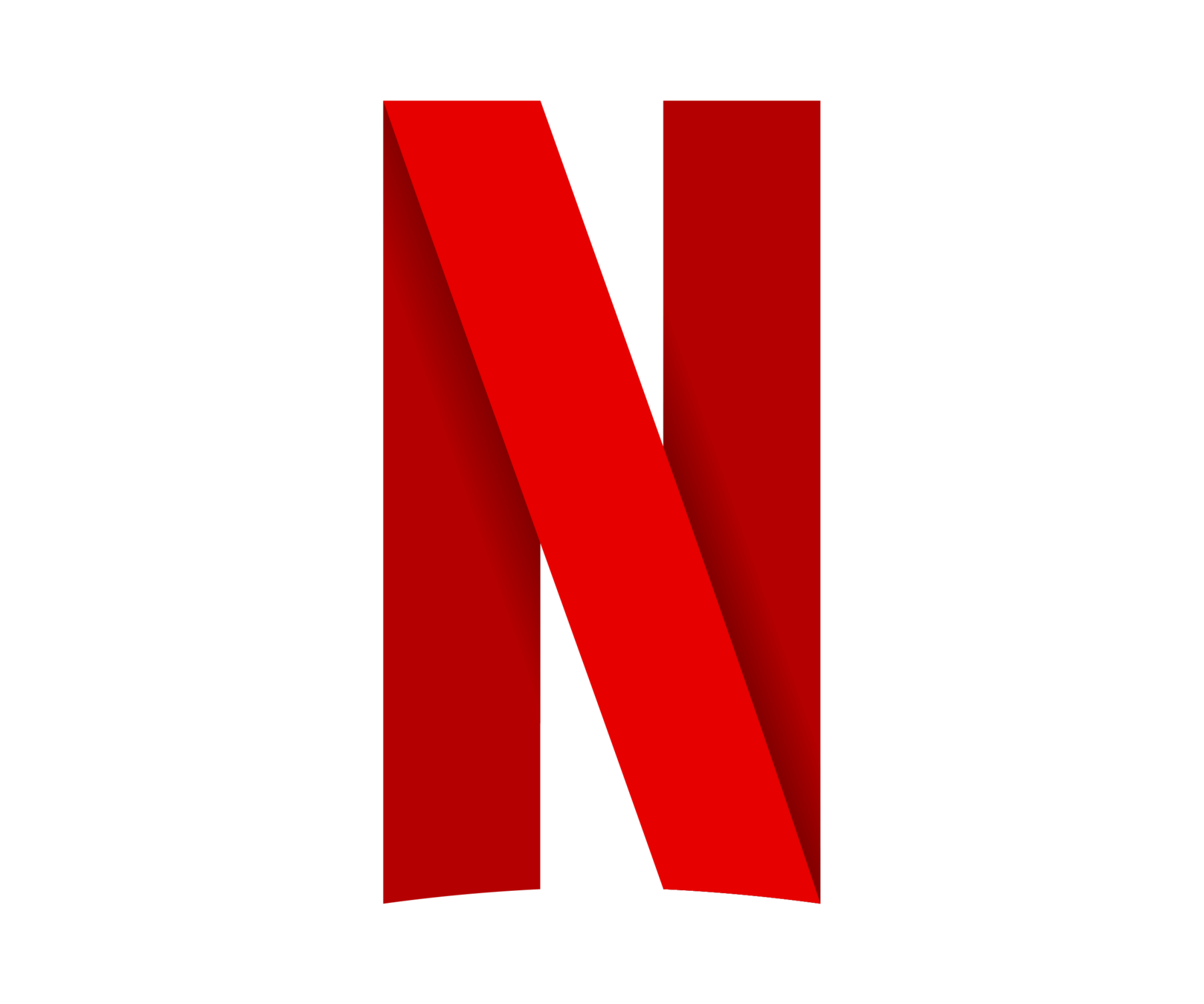
More
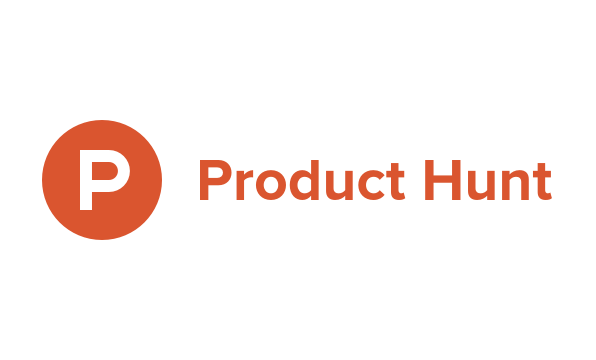







Example

Thanks
GraphQL - English
By Matheus Cruz Rocha
GraphQL - English
Presentation about GraphQL
- 942



